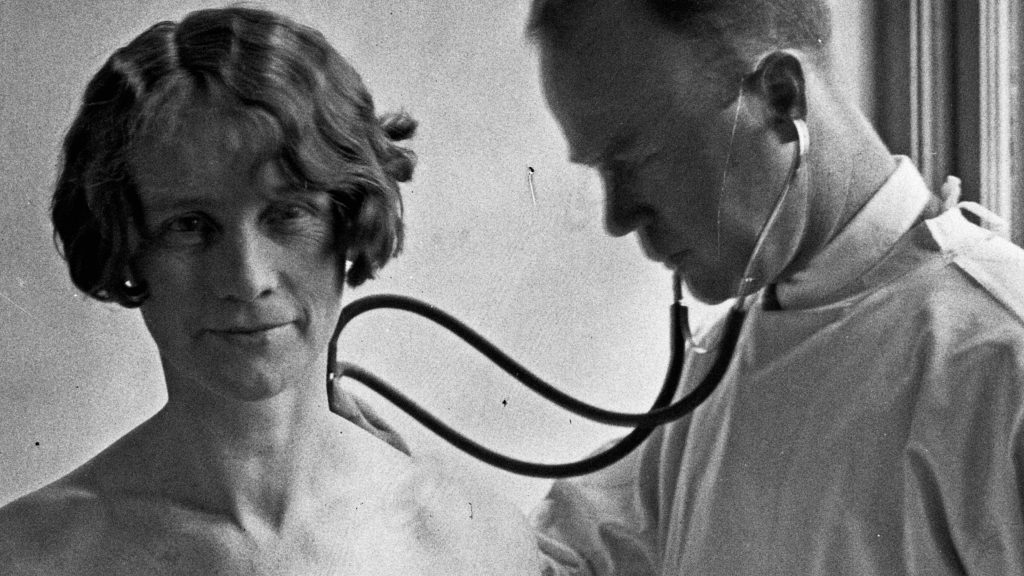
Here’s my problem:
There’s no future in murmurs. Sounds as surrogate for pathology is a 19th century phenomenon. And so digitizing what we hear through a stethoscope is just analog diagnostics dressed for a digital party. Sure we listen to the heart. And yes, the stethoscope is great for confirming ETT placement and listening for wheezing. But going forward clinicians and AIs won’t be strapped with trying to make sense of sounds as a sole diagnostic inputs.
Humans are a marginal standard. I’m not goin’ all anti-human here but it’s just that there are some things that humans aren’t very good at. And using a tube to suss out the elements of complex heart disease happens to be one of them. Since (sit down for this one) it’s established that modern physicians don’t know what their listening to we’ve become a poor example of auscultation for the AI Overlords that will follow. They’ll have to learn on their own.
Like the Eko Core Digital Stethoscope, expect medical advances in the near future to be framed in the context of the old technology. Because, of course, you’re not really a doctor without a stethoscope.
If you like this post, check out our Digital Health Archives. It’s all the 33 charts posts that deal with digital health. While I don’t like the term (isn’t all health becoming digital?) it makes sense for now. Happy reading.
Image via Seattle Municipal Archives on Flickr.